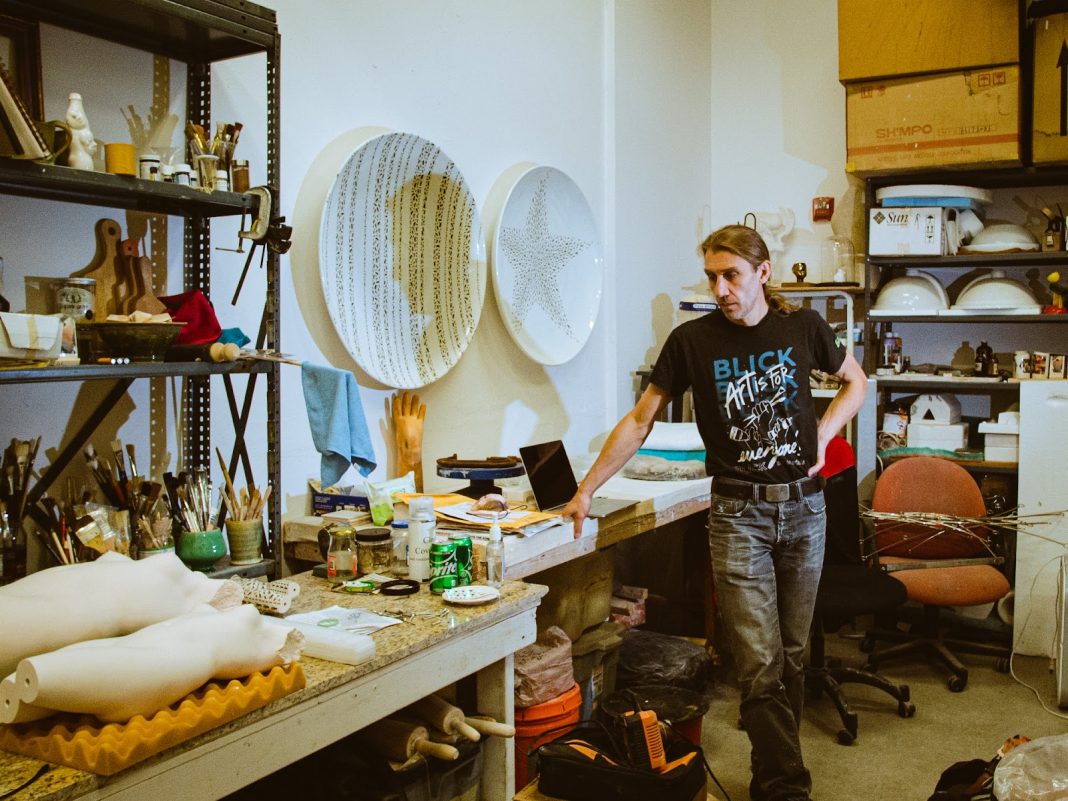UM Professor Ivan Albreht, with his motorcycle jacket and glasses, strides along his busy studio, trying to tidy up an otherwise impossible task.
“Sorry for the mess,” he says, while putting away some brushes in some makeshift plastic cups.
However, the mess in Albreht’s studio were pieces in the process of becoming complete, the barebones of artistry, the story of a man and his experiments with different materials and techniques.
Albreht teaches ceramics and sculpture in the University of Miami Art Department. Showcased in this year’s UM faculty exhibition at the University of Miami Gallery in Wynwood is his work “Great 8 (G8) With a Small Problem.” It displays a wall of masks, all representing the smiles of world leaders — among them were Vladimir Putin, Donald Trump and Angela Merkel. This was a reaction to the G8 summit in 2020, an annual gathering of world leaders from the eight most powerful economies.
“I see that today we are losing a battle against our own creation,” Albreht said. “Even in one of the most catastrophic years in recent time, there they were, smiling as if nothing was wrong.”
Born in the now broken-up Yugoslavia, Albreht ventured into the United States, looking for a better future.
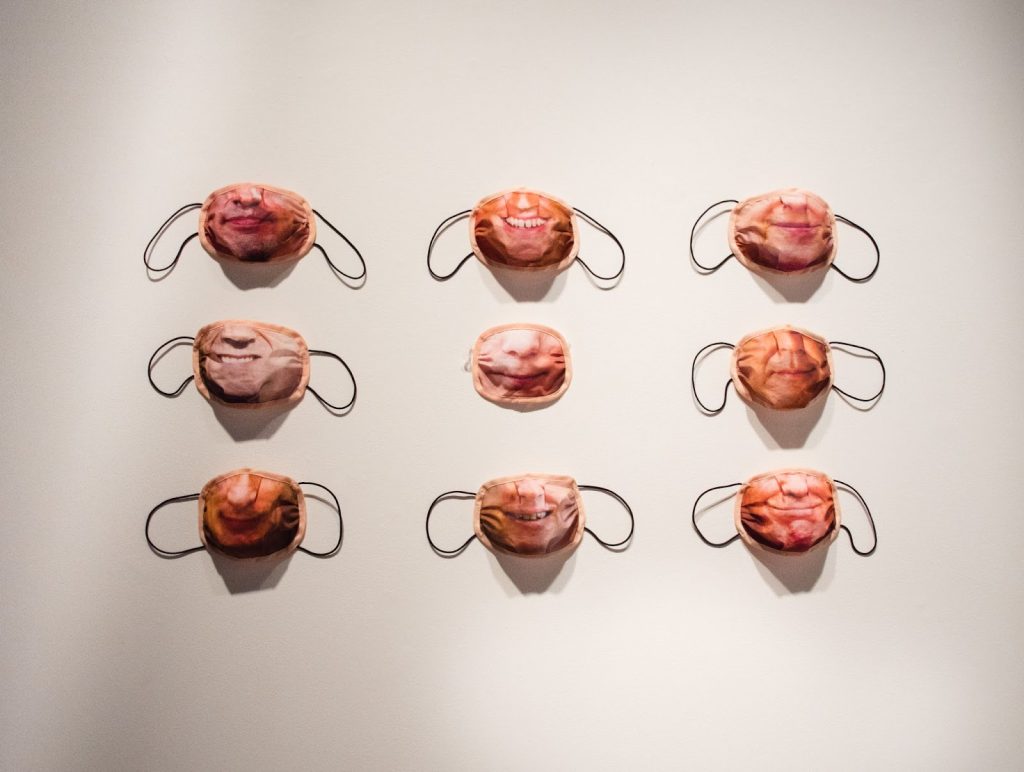
“While in customs, I was asked to check the box of the country I came from,” Albreht said. “The problem was that Yugoslavia was no longer there and I didn’t want to pick sides.”
Albreht discussed life in the 90s where cultural and religious differences between different ethnic groups in Yugoslavia quickly devolved into a bloody civil war, breaking up the nation into five parts.
“They gave me trouble, so I checked China and they let me through,” Albreht said.
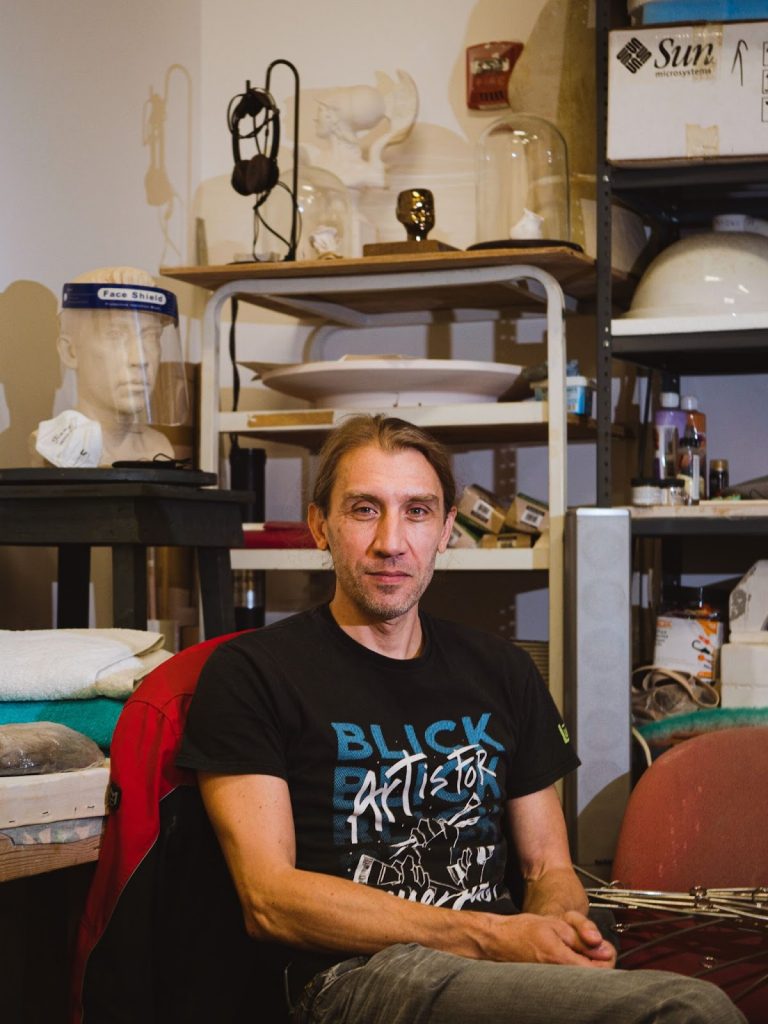
Albreht’s works portray various themes, including the fragility of systems and the illusion of certainty. In a series of works around ceramic plates, Albreht breaks the ceramic apart and puts them back together differently, with flies crawling around.
“I want to challenge someone’s concept of beauty,” Albreht said. “The cultural association of a fly is of a bad thing, but for me they are just dots.”
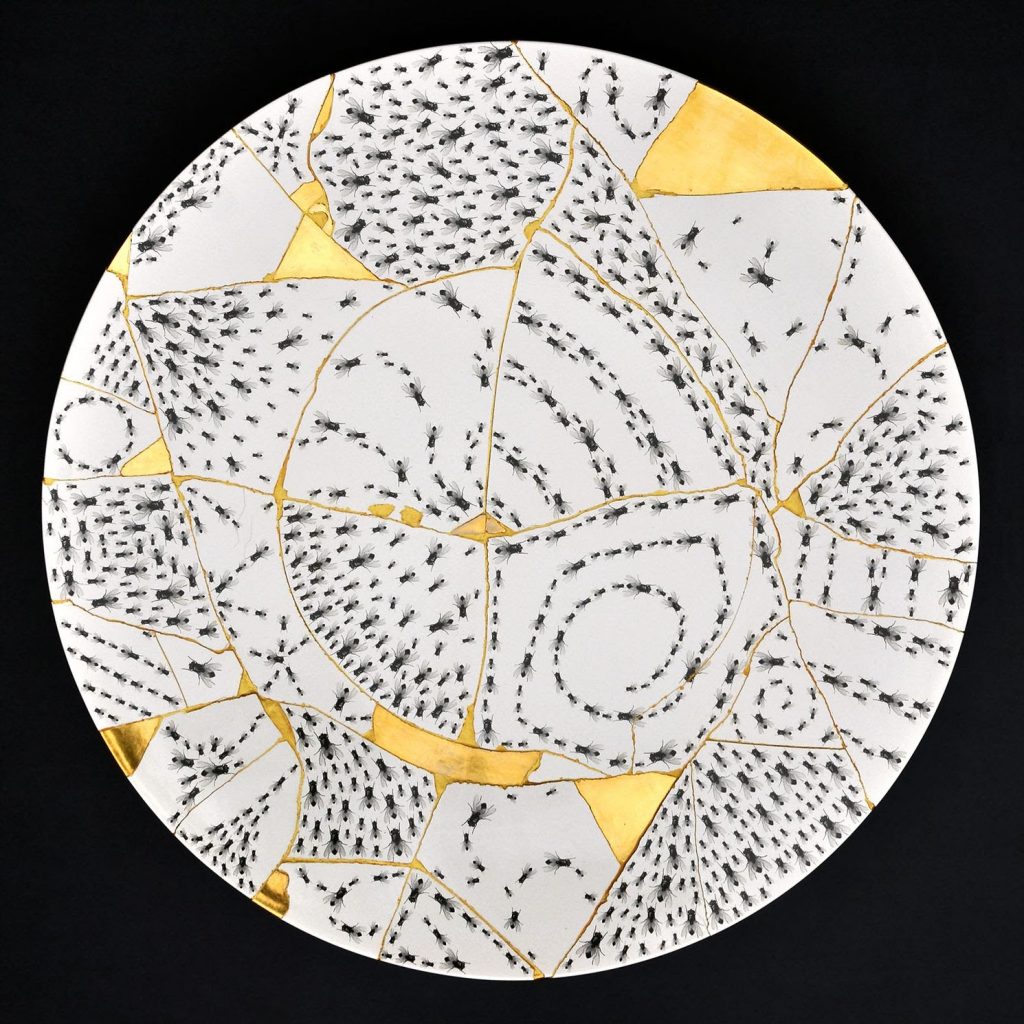
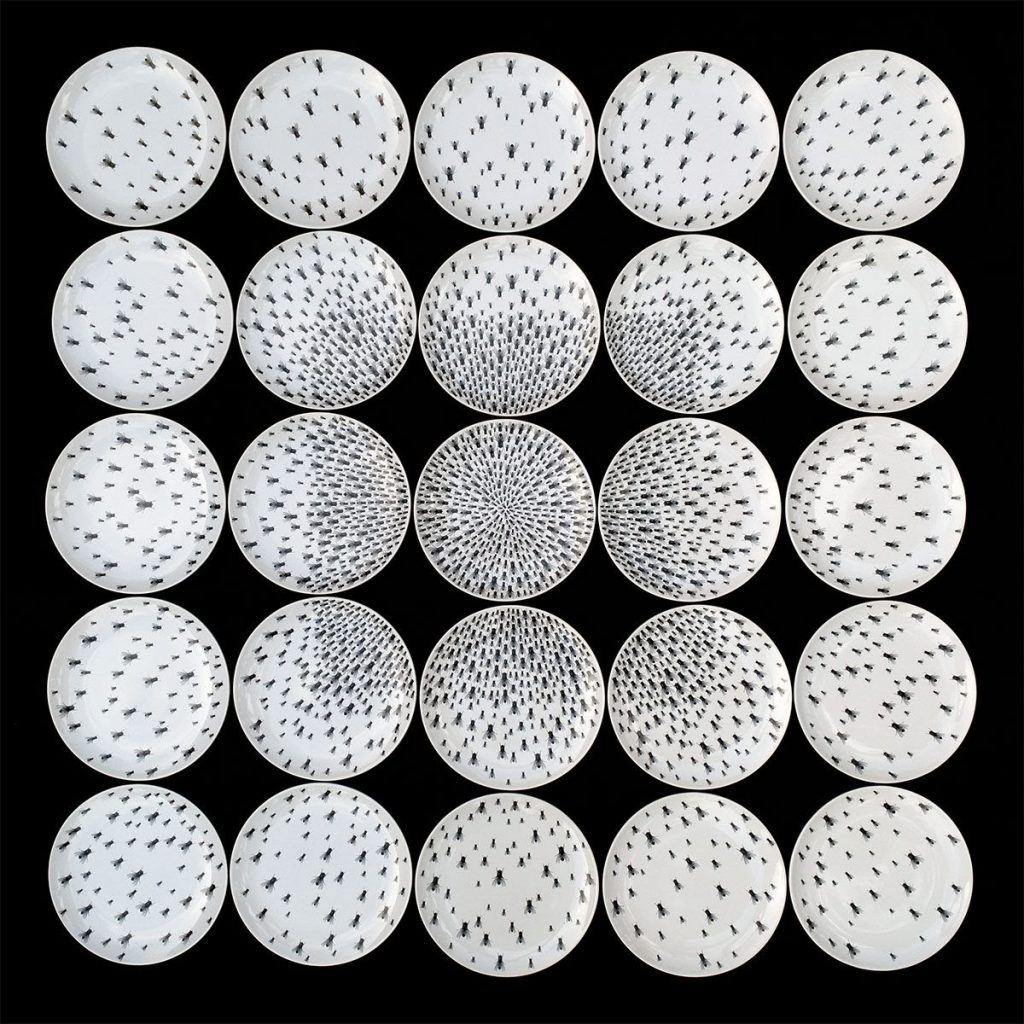
Seeing the collapse of political systems within his youth, Albreht turned to art to explore the phenomenon a little further.
“It prompted me to see things from multiple perspectives. To never hold one truth,” Albreht said.
Ironically, the shapes produced by such a process mirrors the breaking up of nations and the borders that separate their sovereignties.
In the last few years, Albreht has pulled back from traditional practices of pottery and sculpture and focuses more on repurposing old objects into pieces.
“We spend a lot of energy digging these materials out of the ground and hardening them to a brick and they end in this planet who knows how long?” Albreht said. “In the context of everything going on, how relevant is this personal activity that is kind of elitist? What can I do as an artist that could work outside of that?”
Instead of sourcing more materials, Albreht ventures into thrift shops like Goodwill to give items a second life. Albreht also experiments with 3D printing and other digital techniques.
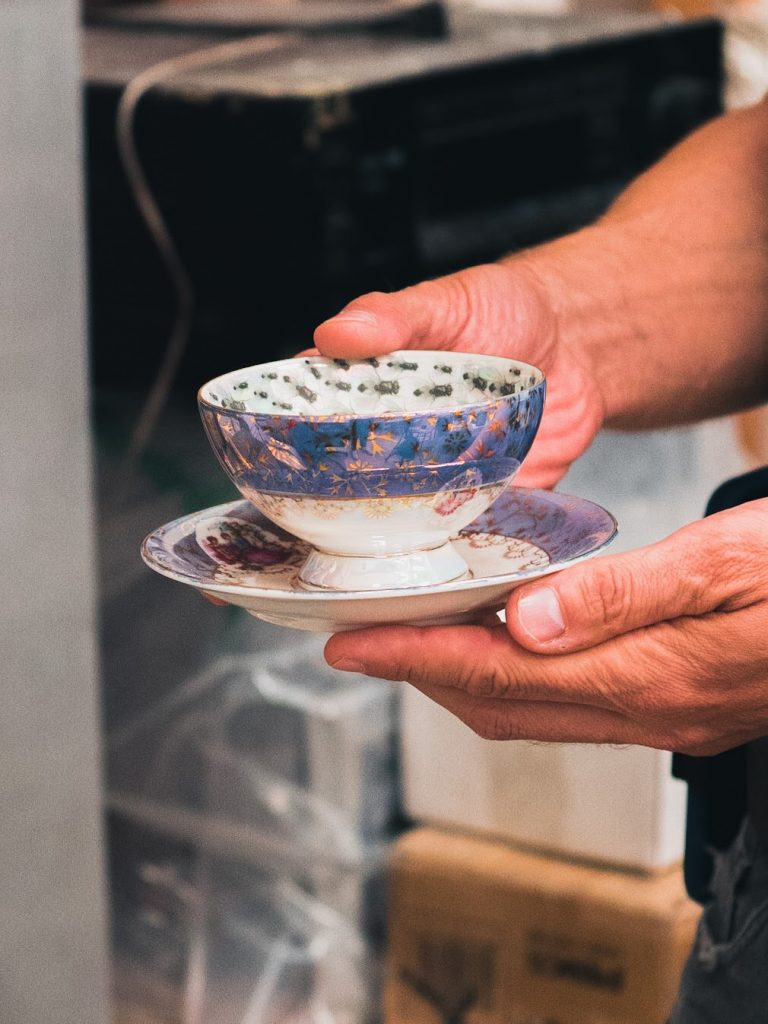
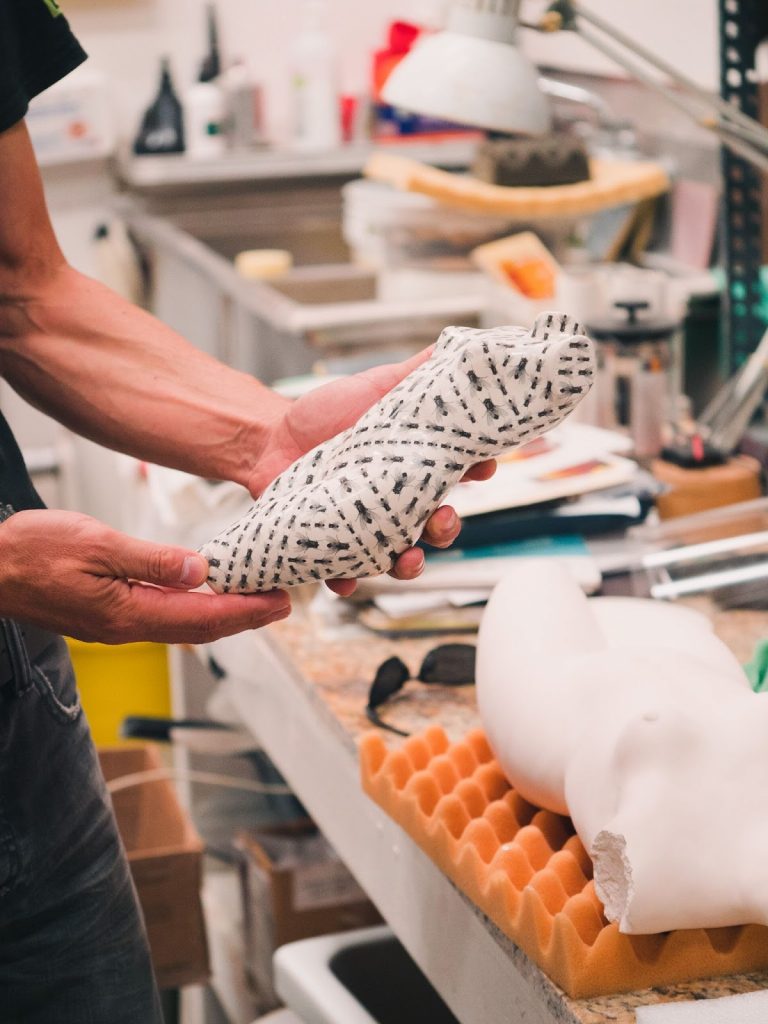
In the beautiful mess of his studio, there’s a certain honesty in the space, an honesty found in all of Albreht’s work, both as an artist and a professor.
“I love teaching, I find value in it more than in the creation of studio art,” Albreht said. “When you venture out as a professional artist and you have to go out there and survive on your work, then there’s a lot of sacrifices you have to make, because you cater to the audience.”
As an academic artist, Albreht finds himself outside of such pressures, outside the need to perform something that he is not.
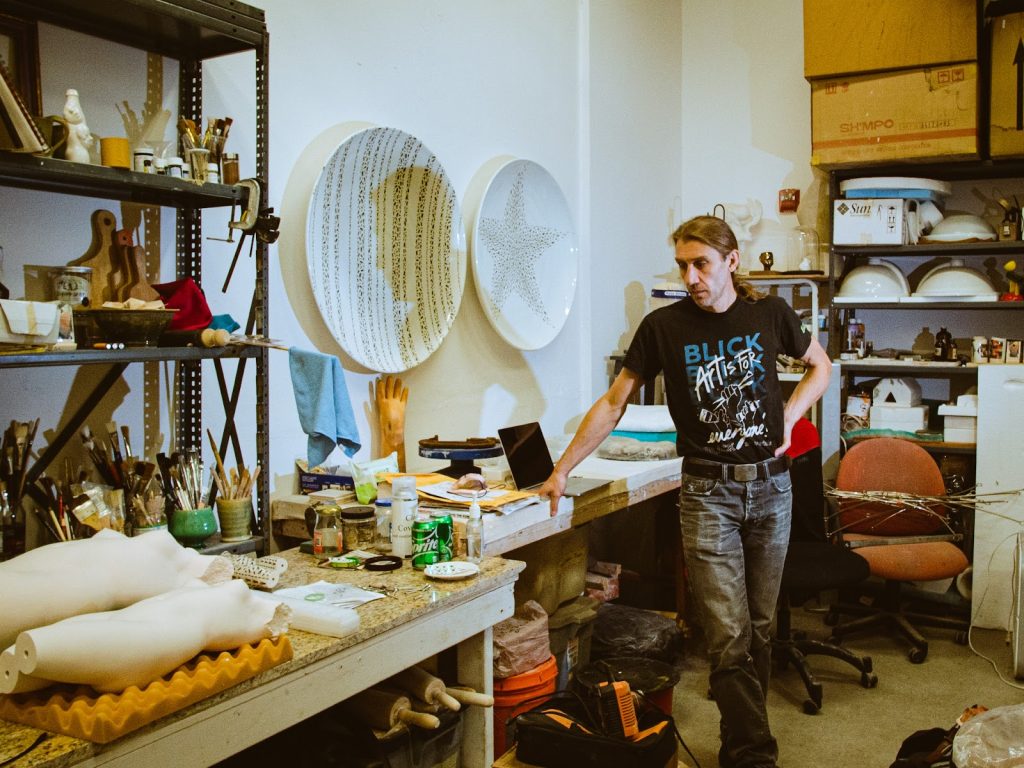
Last time professor Albreht’s work was featured on the main UM campus was during his solo exhibit held at the Lowe Art Museum in 2011. Though another exhibit was set for Spring 2022, it has been postponed and a new date is yet to be determined. To see further works by Albreht, check out his website at www.albreht.com.
These series of feature stories represent an intent to integrate the artistic community of UM with the larger whole, in order to learn their stories and expose their work.
Featured image courtesy of Martin Hidalgo.







